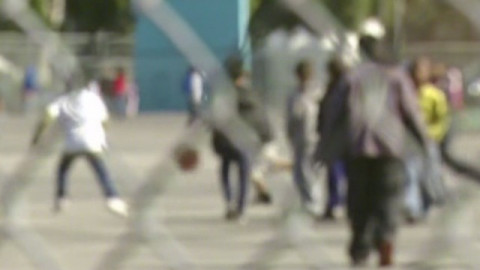Evidence Against Physically Punishing Kids Is Clear, Researchers Say
A conclusive narrative review has found physical punishment of children is not effective in preventing child behavior problems or promoting positive outcomes and instead predicts increases in behavior problems and other poor outcomes over time. The study by an international group of scientists including a researcher from The University of Texas at Austin was published today in The Lancet.
Caregivers in many parts of the world use physical punishment as a response to children's perceived misbehavior: 63% of children between the ages of 2 and 4 worldwide – approximately 250 million children – are regularly subjected to physical punishment by caregivers.



















